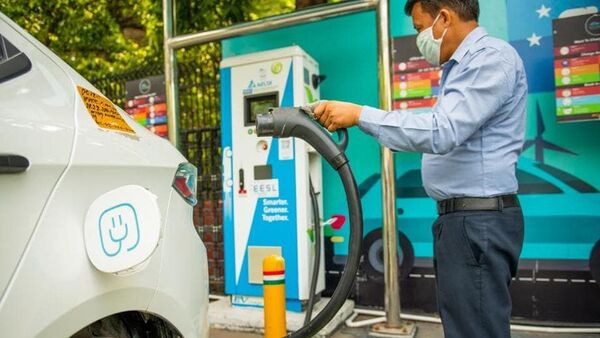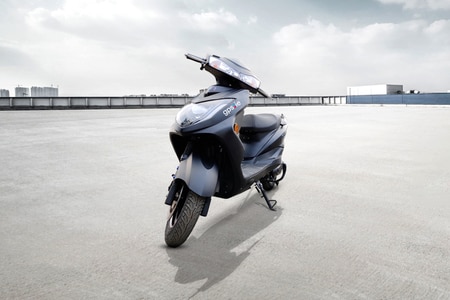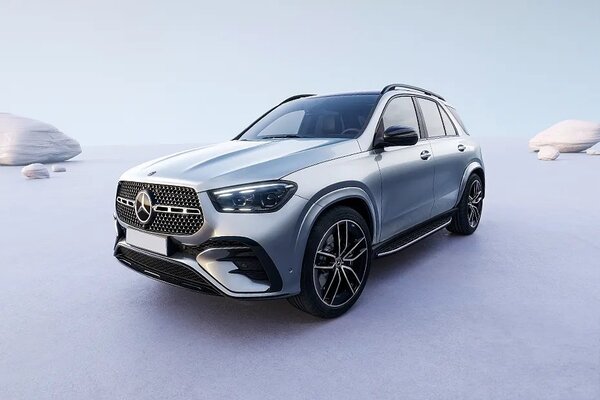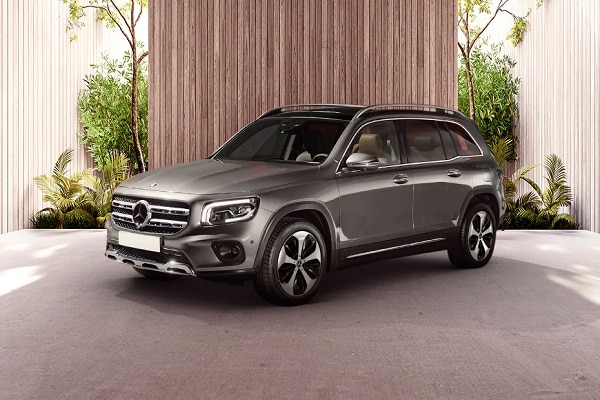EVs are not becoming cheaper anytime soon, demands could outstrip supply: Report
- Non availability of new and affordable battery technology is the key reason behind high price of EV batteries and electric vehicles.


Electric vehicles are not becoming cheaper anytime soon, believes Mercedes-Benz Chief Technology Officer (CTO) Markus Schafer. he said in an interview with Road & Track that the future prospect of affordable electric vehicles is not very optimistic. The Mercedes CTO cites a cost of $50 per kilowatt as a comparable metric, the electric vehicles should reach to financially match internal-combustion engine vehicles, which is unlikely to be achieved.
Also Read : Mercedes-AMG SL 43 makes debut, uses F1 tech to enhance performance
The Mercedes-Benz CTO has said that the current battery technology still is not affordable despite increased usage. While the development is going on to find better and affordable battery technology for electric vehicles but that would require more time to be proven and implemented. This leads Schafer to a sceptical conclusion about electric vehicle prices becoming cheaper. He said that an anticipated decrease well below $100 per kilowatt would take longer. However, he didn't mention any specific timeframe for that.
Also check these Vehicles
In the last few years, electric vehicles around the world have witnessed a rapid surge in demand and sales. At some point, demands are even outstripping the current supply. With further increasing demand and slow development in the EV segment, the gap between demand and supply is expected to widen.
The current electric vehicles are majorly relying on lithium-ion batteries. With lithium, cobalt, and nickel being scarce, developing EV batteries are costly and thus the electric vehicles too are pretty expensive compared to their ICE counterparts. This high pricing of electric vehicles as compared to their internal combustion engine-powered counterparts impacts the sales of EVs.
Several automakers around the world have already committed to meet an all-electric product lineup in the next decade. Mercedes-Benz too is one among them that is striving to have an all-electric product portfolio by 2030.








 3.1 kWh
3.1 kWh 60 km
60 km


 2999 cc
2999 cc Multiple
Multiple















